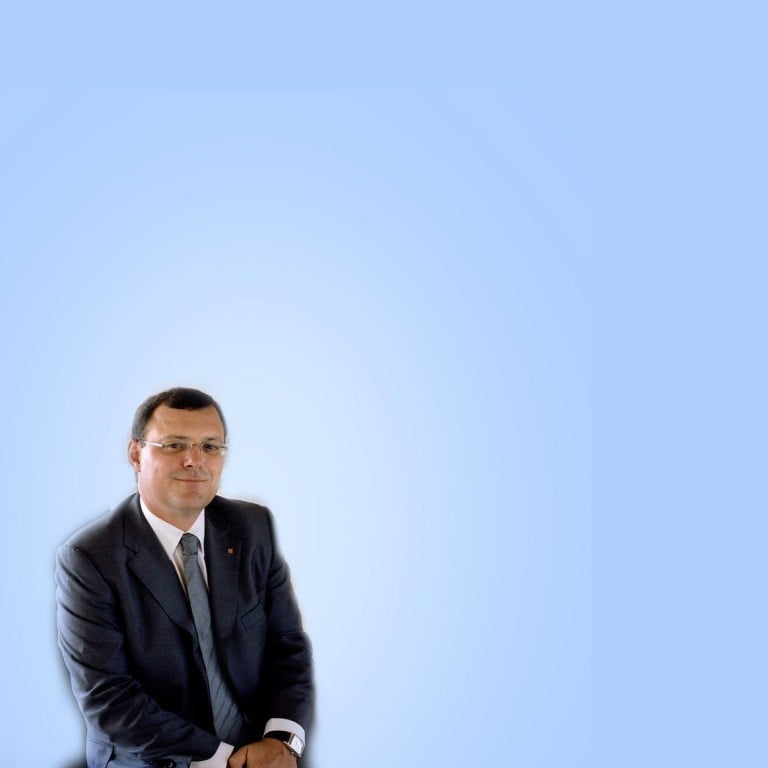Thierry Stern, president of Patek Philippe, enjoys designing high-quality timepieces

'We are certainly very proud. But my vision has never wavered - the most important thing for me is to be able to maintain the quality that has been associated with everything that is Patek Philippe - the brand, its watches, the way we do business and to keep the bar as high as we can'
A: We are certainly very proud. But my vision has never wavered - the most important thing for me is to be able to maintain the quality that has been associated with everything that is Patek Philippe - the brand, its watches, the way we do business and to keep the bar as high as we can.
Being 175 or 180 is not important to me because I'm always working three to five years ahead. In my head, I'm in the future already and I'm probably in our 200th year. Working ahead is how Patek Philippe remains entrepreneurial. So I always push forward, whether it's about new products, innovations or business development.
A: The family has always been involved in the design and development of our watches. We don't really want to give that to somebody else, and I truly enjoy developing new models. I would prefer to design a watch rather than look at business or sales figures, so I think that's what keeps me going. I have been given the opportunity to create amazing things. My father did the same, and so did my grandfather, and his father. So yes, I would say design is probably what takes up most of my time, but it's also what I enjoy most and I'll never stop. However, it does not mean I don't meet the trade outside of the workshop. Retailers give me a lot of feedback. I know what sells and what doesn't. But my job is to surprise, not just churn out the mundane and expected.
A: I was about six when I thought about working for Patek Philippe. I saw some pocket watches inside my father's office, and they fascinated me. They were some of the most beautiful things I had ever seen, and I wanted to make something like that. My father never pushed me into the watchmaking business. Growing up, the Patek Philippe ateliers were like a big playground for me. So, naturally, I find watchmaking interesting because I like creating things.
I learned the craft the hands-on way. My grandfather Henri and my father Philippe mentored me, but I was also very privileged to meet gifted engravers, enamellers and jewellers. I joined the company in 1994, underwent basic watchmaker training and pursued internships in all of Patek Philippe's departments. I always knew that I wanted to create, so watchmaking appeals to me.
A: Coming out with amazing stuff is not enough. How to fix it later is the bigger question. When I look at those kinds of watches, I say, 'Yes, very nice - but who's going to fix them in five to 10 years' time?' Those brands are depending on one very good watchmaker, and I have no complaints about them. But then what happens when this person passes away or is not with the brand anymore?